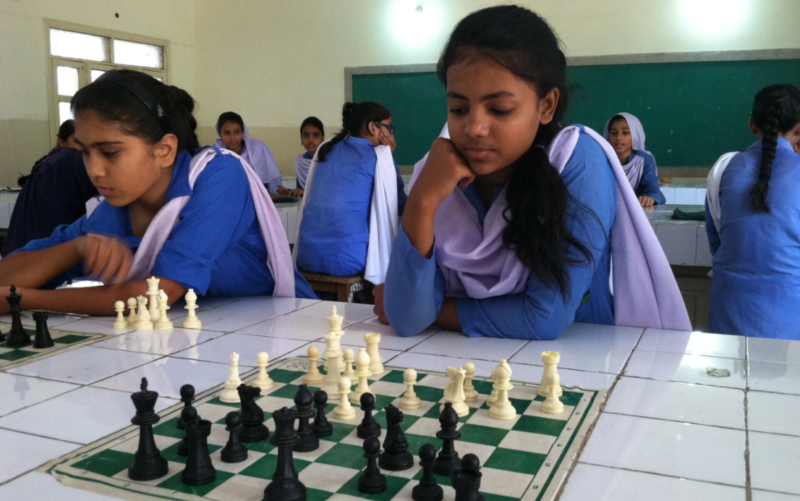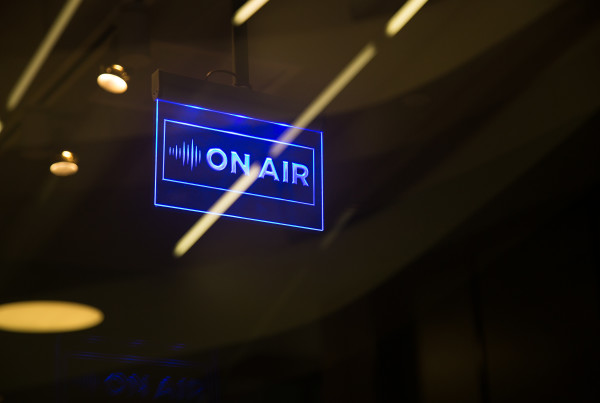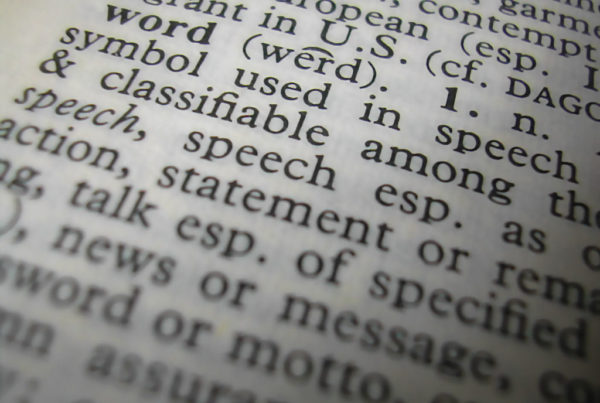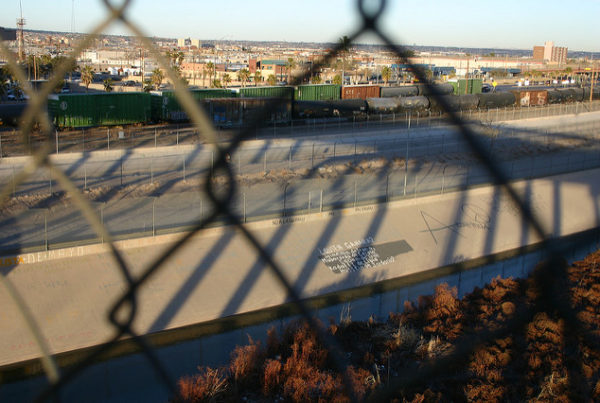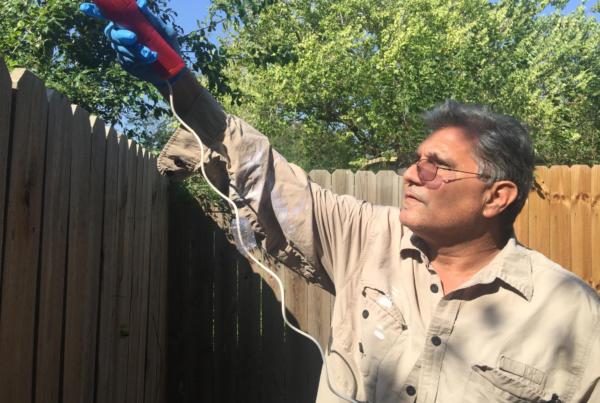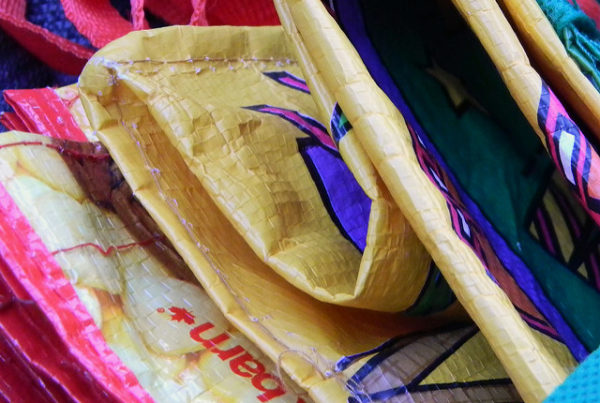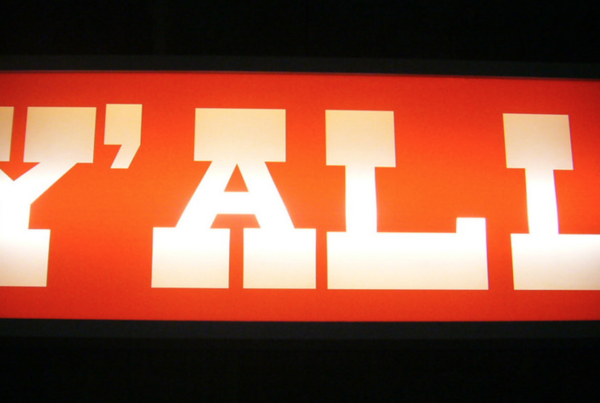From Houston Public Media:
Three years ago, Bushra Nasim left her public school in Karachi and switched to a private school with low tuition.
She didn’t like how teachers treated her and classmates.
“There was a physical and verbal abuse and now it doesn’t happen here anymore,” she said through a translator.
That’s because new managers run her campus, called the Pakistani Railway School.
A nonprofit known as The Citizens Foundation, or TCF, took it over from the government last year. Now dozens of students are coming back, like Bushra. She’s ready for eighth grade, dressed in her sky-blue uniform with a cream shawl across her shoulders.
Bushra said that she was excited to return because of new course books and polite teachers. Her father was so excited about the new management from TCF that he also enrolled three of her six siblings.
This is part of a larger experiment in Pakistan to reform education. Several nonprofits like The Citizens Foundation, Developments in Literacy and CARE have adopted hundreds of public schools in all.
Some of the nonprofits also operate their own schools and collect donations around the world – including more than $1 million a year from Houston.
But with the government schools, they take over management and often replace or retrain teachers. Some have long waiting lists or lotteries to win a seat.
If this sounds like charter schools in the United States — where independent management groups operate public schools — it’s because it’s fairly similar. One difference is that U.S. charters are free. The Pakistani groups can charge a nominal tuition, such as a couple of dollars or less per month.


